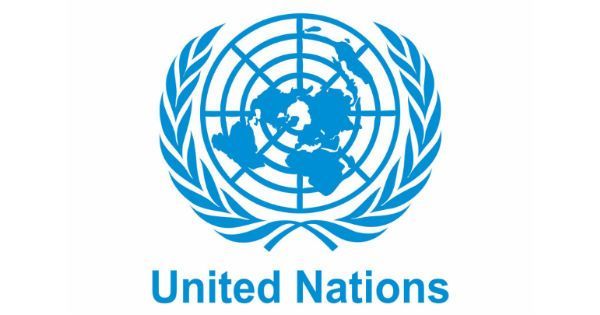
In the past few years, there is an increase in attacks on religious places in many parts of the world, the United Nations on Thursday passed a resolution asking member countries to safeguard religious sites and to promote a culture of tolerance and peace at all levels. It also asked the Secretary‑General to convene a global conference on the subject.
The resolution was sponsored by Saudi Arabia, the United Arab Emirates (UAE), Pakistan and several other members of the Organisation of Islamic Cooperation condemned all acts of violence and destruction directed against religious sites around the world and denounced “any moves to obliterate or forcibly convert any religious sites.”
A draft resolution was introduced, titled, “Promoting a culture of peace and tolerance to safeguard religious sites” the representative of Saudi Arabia said the text condemns offenses or mockery against religious sites and symbols, rejects the use of violence to express any point of view and aims to develop a culture of peace as a shield against extremism and intolerance. Noting that its facilitators worked for months to incorporate the views of all parties, the Saudi representative said its co-sponsors stand united in support of freedom of belief, opinion and expression, while also requiring mutual respect and continuous dialogue.
They expressed concern over racial and religious intolerance and stereotyping. The UN General Assembly condemned any advocacy of national, racial or religious hatred that constitutes incitement to discrimination, hostility or violence, and urged States to take effective measures to combat such incidents.
On the occasion, India and Pakistan squared off at the UN over the resolution with the Indian representative criticizing Pakistan for co-sponsoring the move weeks after the demolition of a Hindu temple. He said, “The resolution cannot be a smokescreen for countries like Pakistan to hide behind.”
The speaker for India said that, as a multicultural state, his country safeguards all religious and cultural rights and protects places of worship. In today’s world, religious and cultural sites remain highly vulnerable to attacks by violent extremists, as was seen recently when a historic Hindu temple was set ablaze in Khyber Pakhtunkhwa Province in Pakistan, while authorities stood idly by.
Warning against the selective enforcement of laws against attacks on religious sites, he stressed that, as long as such selectivity exists, the world will never be able to foster a real culture of peace.
He said, it is ironic that the country where that attack took place, and where minority rights are regularly violated, is one of the text’s co-sponsors “The resolution cannot be a smokescreen for countries like Pakistan to hide behind”.
The representative of Pakistan replied to him, “categorically rejected the “unwarranted assertions” made against his country by India’s delegate.
“Such accusations are often leveled by India against Pakistan, despite the fact that it is India that blames Muslims for spreading COVID-19, incites people against the so-called crime of “love jihad” and commits extrajudicial killings of innocent Kashmiris. As a leading State sponsor of discrimination against minorities, India is in no position to blame others, he stressed, describing the strong steps taken by Pakistan in response to the attack on the temple in Khyber”.
Morocco’s representative spotlighted multiple recent attacks against mosques, synagogues and temples, noting that such incidents remain “fresh in our memories” and call for a collective global response.
The Assembly’s resolution underlines the importance of cooperation in order to improve Member States’ abilities to protect against such attacks, he said, adding that its adoption demonstrates the international community’s firm support for protecting religious sites around the world.
The representative of Portugal, speaking in an explanation of position on behalf of the European Union and several other countries, underlined those nations’ staunch support of freedom of expression and belief. “These values are at the core of our actions at the United Nations,” he said, citing two Assembly resolutions on those matters — including a recent text which sought to combat negative stereotyping or discrimination, as well as violence against persons based on religion.
Voicing support for the General Assembly resolution, the United States representative underscored the core values of justice, democracy, human rights, and fundamental freedoms while rejecting violence. He also stressed that odious or offensive speech is not in itself tantamount to violence and should not be restricted.
Members further emphasized that freedom of religion or belief, freedom of opinion and expression, the right to peaceful assembly, and the right to freedom of association are interdependent, interrelated and mutually reinforcing. They called on the United Nations to pursue strategies, educational initiatives and global communications campaigns aimed at strengthening the protection of religious sites and cultural heritage.
The General Assembly also asked the Secretary‑General to convene a global conference aimed at advancing the United Nations Plan of Action to Safeguard Religious Sites, involving Governments, political figures, religious leaders, civil society and the media, among other stakeholders.
Author Profile
Latest entries